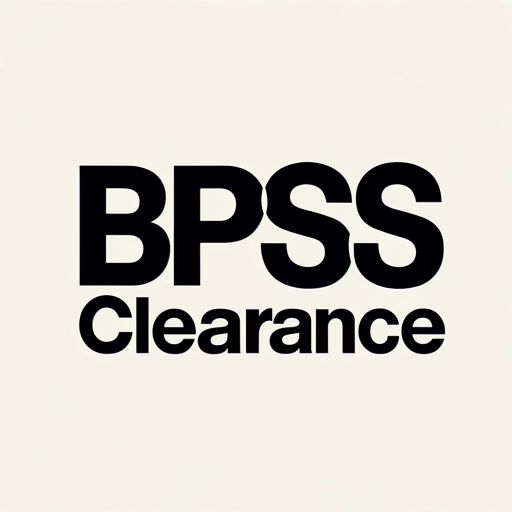pre check background screening
Official Secrets Act
Identity verification is a fundamental step in the BPSS clearance process, as it validates your eligibility to access sensitive UK assets. The accuracy and authenticity of the documents you submit play a significant role in the successful completion of your BPSS clearance.
Reviewing a candidate’s employment history is another vital component of the BPSS checks. This involves verifying previous employment details, gaps in employment, and reasons for leaving previous positions. The aim is to confirm the candidate's work history and to identify any inconsistencies that might suggest security risks.
BPSS is essential for roles accessing sensitive government assets, whereas DBS is commonly used in sectors like healthcare and education. Employers often require both checks to thoroughly screen candidates, ensuring safety and trust in their workforce.
bpss clearance




